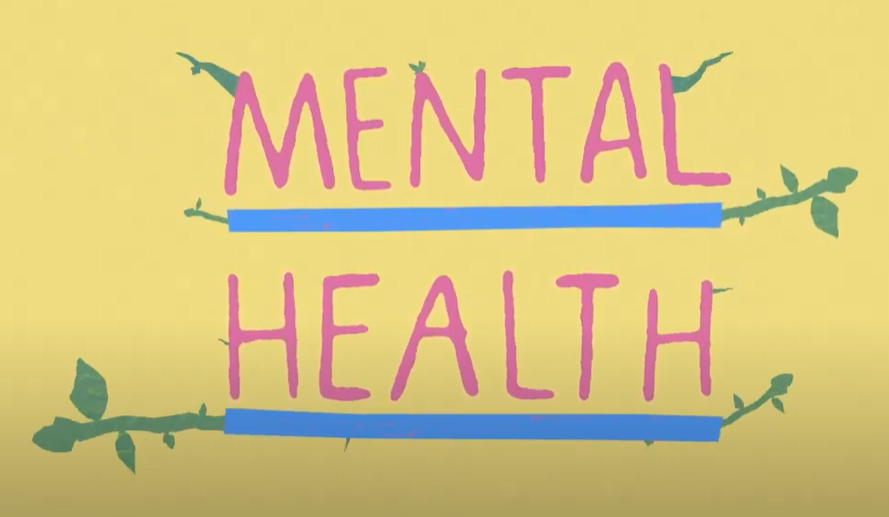Study finds that young individuals seeking mental health support from GPs experience minimal ongoing communication

Most children and teenagers in England who visit their GPs with psychiatric symptoms are likely to have minimal or decreasing levels of ongoing contact, a study by researchers from the University of Manchester has found.
The study, published today in Lancet Psychiatry and supported by the National Institute for Health and Care Research and Wellcome, suggests that most of these young people may not need long-term support, offering reassurance to both the children and their families.
However, the study also highlights a potential gap in support for some children and teenagers.
Tracking the outcomes of approximately 370,000 individuals aged 3-18 over a five-year period using anonymised primary care health records, the researchers found that over half of those presenting with psychological symptoms had few subsequent healthcare contacts and were unlikely to receive medications or referrals to specialist services.
The largest group identified in the study, comprising 51% of the sample, showed the lowest risk of future hospitalisation for self-harm or suicide. They were more likely to be younger, male, and from non-White ethnic backgrounds.
Other groups identified in the study had varying levels of ongoing contact with GPs and specialists, with some showing declining rates of contact over time.
The findings come at a time when more children are seeking help for mental health issues, ADHD, and autism. The study provides insight into the potential outcomes for these young people, suggesting that many may experience transient problems or receive necessary support outside of medical settings.
Lead author Dr Morwenna Senior commented on the findings, noting that while the increasing number of young people experiencing mental health issues is concerning, many may see improvements over time without further intervention. She emphasised the importance of identifying the specific needs of different groups of children and adolescents to allocate resources effectively.
The study also highlighted disparities in healthcare access based on ethnicity, with children from Black, South Asian, and other non-White backgrounds showing lower rates of ongoing GP contact. Further research is needed to understand the reasons behind these differences and ensure that all children receive the support they require.




